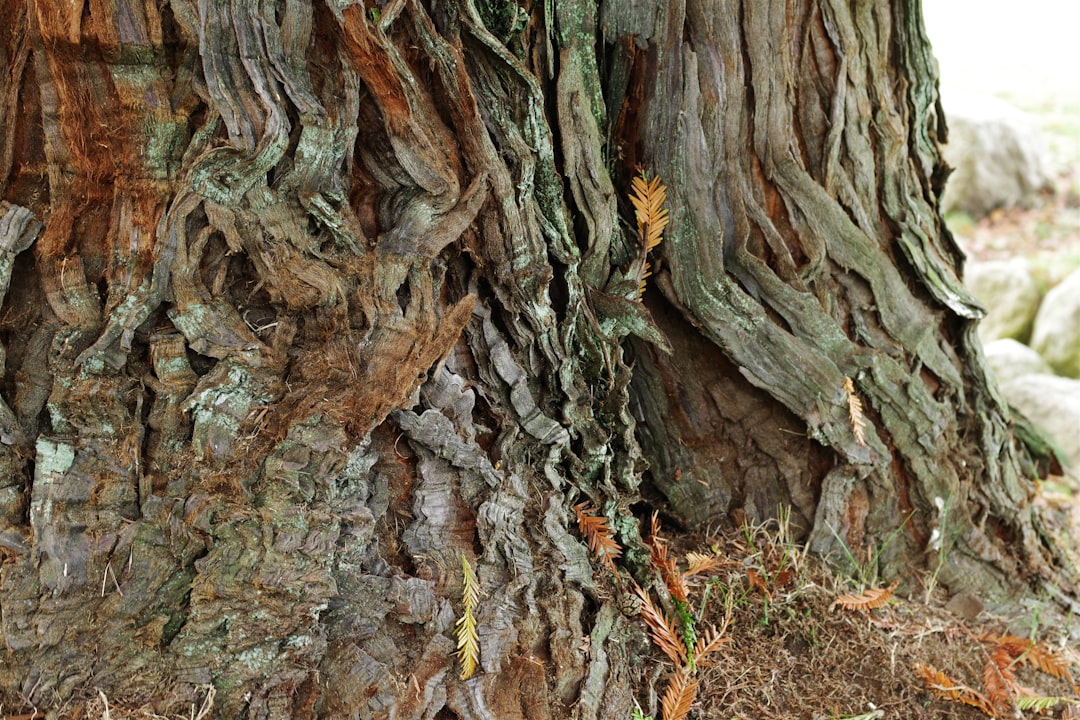The Secret Allies of Eggplants in Your Garden

Embarking on an edible gardening journey is like entering a world full of possibilities. Among the many vegetables you can grow, eggplants stand out as a versatile and rewarding choice. However, to truly make the most of your eggplant cultivation and achieve a pest - free, bountiful harvest, the concept of companion planting comes into play.
Companion planting is an age - old gardening technique that involves growing different plants together for mutual benefits. When it comes to eggplants, there are several top companion plants that can help you achieve your gardening goals.
1. Basil
Basil is not only a delicious herb that can be used in a variety of culinary dishes but also an excellent companion for eggplants. The strong aroma of basil acts as a natural pest repellent, keeping away insects that might otherwise damage your eggplants. For example, it can deter aphids, which are known to suck the sap from eggplant leaves, causing stunted growth. Additionally, basil can enhance the flavor of eggplants when they are grown in close proximity. You can plant basil around the base of your eggplant plants or in nearby containers. This way, you can easily harvest both the basil and the eggplants for a fresh and flavorful meal.
2. Marigolds
Marigolds are a staple in many vegetable gardens, and for good reason. Their bright, cheerful flowers not only add a splash of color to your garden but also serve a practical purpose. Marigolds produce a chemical that repels nematodes, which are microscopic worms that can attack the roots of eggplants. By planting marigolds around your eggplant beds, you create a protective barrier that helps keep the soil healthy and the eggplant roots free from damage. Moreover, marigolds attract beneficial insects such as ladybugs, which feed on harmful pests like aphids and whiteflies.
3. Nasturtiums
Nasturtiums are another great companion for eggplants. These vibrant flowers are not only beautiful but also act as a trap crop. They attract pests such as aphids and caterpillars away from the eggplants. Instead of attacking your precious eggplants, the pests will be drawn to the nasturtiums. This gives your eggplants a better chance of growing and thriving. Nasturtiums also have a peppery flavor and can be used in salads, adding an extra dimension to your culinary creations.
4. Beans
Beans are legumes that have the unique ability to fix nitrogen in the soil. Nitrogen is an essential nutrient for plant growth, and eggplants can benefit greatly from the increased nitrogen levels provided by beans. As the beans grow, they form a symbiotic relationship with bacteria in the soil, which convert atmospheric nitrogen into a form that plants can use. This enriches the soil and provides a steady supply of nutrients for the eggplants. In addition, the bean plants can provide some shade for the eggplants during the hot summer months, helping to keep the soil moist and cool.
5. Garlic
Garlic is well - known for its strong odor, which can repel a wide range of pests. When planted near eggplants, garlic can help protect them from pests such as spider mites and thrips. These pests can cause significant damage to eggplant leaves and fruits, but the presence of garlic can act as a deterrent. Garlic also has antifungal properties, which can help prevent diseases from affecting your eggplants. You can plant garlic cloves around the perimeter of your eggplant beds or intersperse them among the eggplant plants.
In conclusion, by incorporating these top eggplant companion plants into your edible garden, you can create a more balanced and healthy ecosystem. These plants work together to repel pests, improve soil quality, and enhance the overall growth and productivity of your eggplants. So, the next time you plan your vegetable garden, don't forget to include these valuable allies for your eggplants.